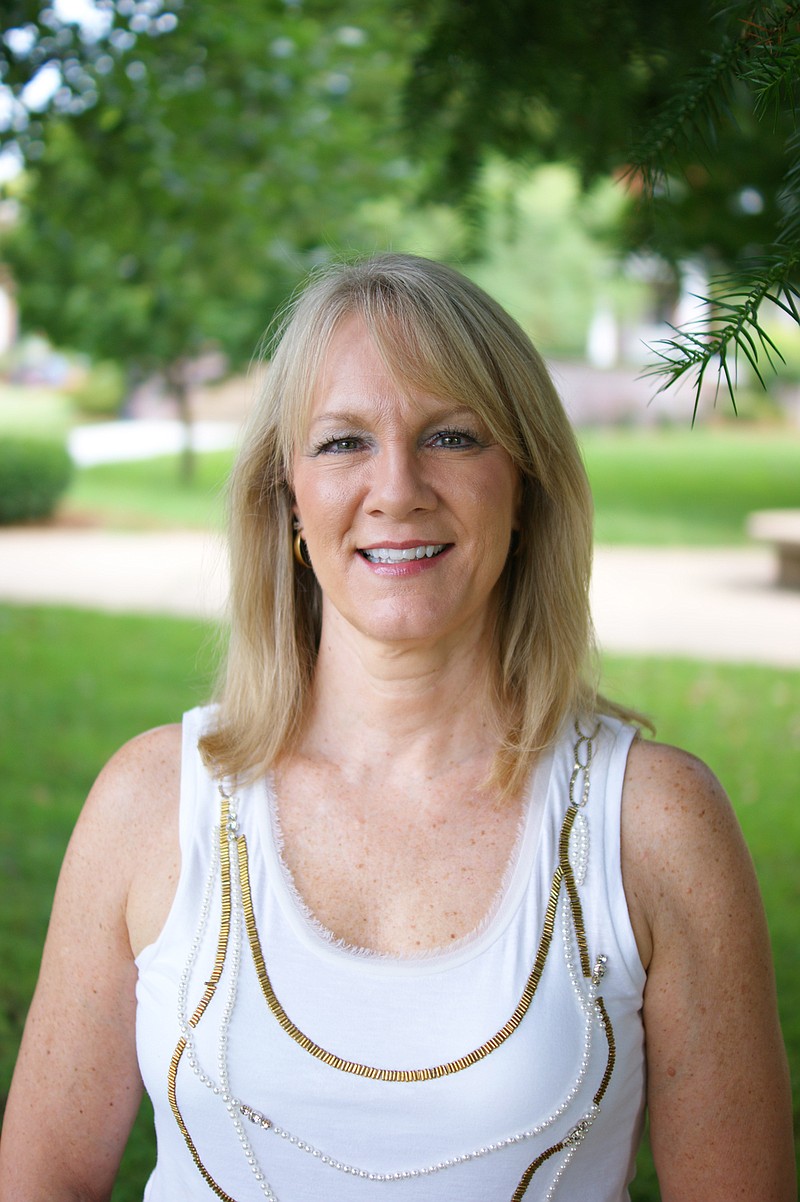Several Hamilton County municipalities, including Red Bank and Signal Mountain, are supporting a Tennessee Municipal League initiative to restore the historic sales tax revenue-sharing relationship between the state of Tennessee and its local governments.
The initiative's goal is for all state sales tax aside from the portion earmarked for education to be shared with local municipalities.
"This is definitely TML's biggest initiative in the past couple of years and still is," Bridgett Raper, Small Cities Coalition of Hamilton County communications strategist, said to Red Bank City Commission members last month.
The state began sharing sales tax revenue with its municipalities when the state sales tax was established in 1947, when the rate was 2%. All the municipalities got 4.6% of the state sales tax revenue, distributed by the size of the municipalities' populations, Raper said.
That continued until 1991, by which time the state sales tax rate had been increased to 5.5%, and the cities were still receiving 4.6%. In 1993, the state raised its sales tax rate to 6% to bring in more money for education, Raper said.
In 2002, the state increased its sales tax rate to 7% and stopped sharing the revenues with its municipalities.
"That is where we feel that relationship was broken, and TML is pushing to try to get them to share that portion with all the cities and towns," Raper said.
(READ MORE: Profit and loss: Small local cities fight to keep shared sales tax dollars)
If the Tennessee Municipal League legislation to restore the historic revenue sharing relationship had been in place the previous fiscal year, around $70 million would have been returned to Tennessee cities, the Tennessee Municipal League estimated.
"This is a significant amount of money that we're asking for and trying to push," Raper told commissioners.
Cities could use that revenue for necessary expenditures that would otherwise require an increase in property taxes, she said.
The initiative also aims to increase the single article cap, or the limit on the amount of each sale that is subject to local option sales tax, for major purchases.
By law, half the local sales tax collected for all purchases goes to the city or county where it was collected, and the other half goes to the local school system, according to the Tennessee Municipal League.
The cities get up to 2.75%, or their local option sales tax rate, for purchases up to $1,600. In 2002, the single article cap was raised to $3,200, but the state then started keeping all the local option sales tax revenue for purchases between $1,600 and $3,200.
(READ MORE: County, cities work together on state-shared sales tax reallocation)
The municipal league proposes the state return half the local option sales tax revenue collected for purchases up to $3,200 to cities and municipalities.
"Their measures have given them now a surplus in their general fund of nearly $2 billion," Raper told commissioners. "This is a lot of money, and I don't believe it would hurt them greatly if they would share it with us."
In March of last year, legislators were adamant that was not going to happen, Raper told commissioners, adding that legislators' main concern was that would be a recurring expense, and they fear the economy is going to start declining again.
The point the municipal league is making is that an economic downturn would affect cities' budgets just as much as the state's, Raper said.
"If we knew this was an income that would happen every year, you could do so many different things with it," Raper told commissioners.
After a Tennessee Municipal League representative gave a presentation about the initiative at the Signal Mountain Town Council meeting Jan. 9, Mayor Charles Poss said council members will discuss at their next planning session how the town could use the funds that would be returned to it if the historic sales tax revenue sharing relationship was restored.
(READ MORE: Signal postpones joining Small Cities Coalition)
"We could spend that money very easily and effectively," Councilman Andrew Gardner said during the meeting.
Tennessee state Sen. Bo Watson, R-Hixson, said by phone that state legislators are considering the municipalities' proposal to restore the historic revenue sharing relationship.
"We will wait and see how the administration views their proposal when the governor proposes his budget to the legislature later this month or the first part of February," Watson said.
State Rep. Patsy Hazlewood, R-Signal Mountain, did not return a phone call requesting comment.
Contact Emily Crisman at ecrisman@timesfreepress.com or 423-757-6508.
If Tennessee Municipal League legislation to restore the historic sales tax sharing relationship had been in place for the 2021-22 fiscal year, the league estimates small Hamilton County municipalities would have received the following amounts:
> Collegedale: $204,800.
> East Ridge: $408,800.
> Lakesite: $34,200.
> Lookout Mountain: $37,900.
> Red Bank: $219,400.
> Ridgeside: $8,200.
> Signal Mountain: $163,250.
> Soddy-Daisy: $241,000.
> Walden: $36,500.
> East Ridge: $408,800.
